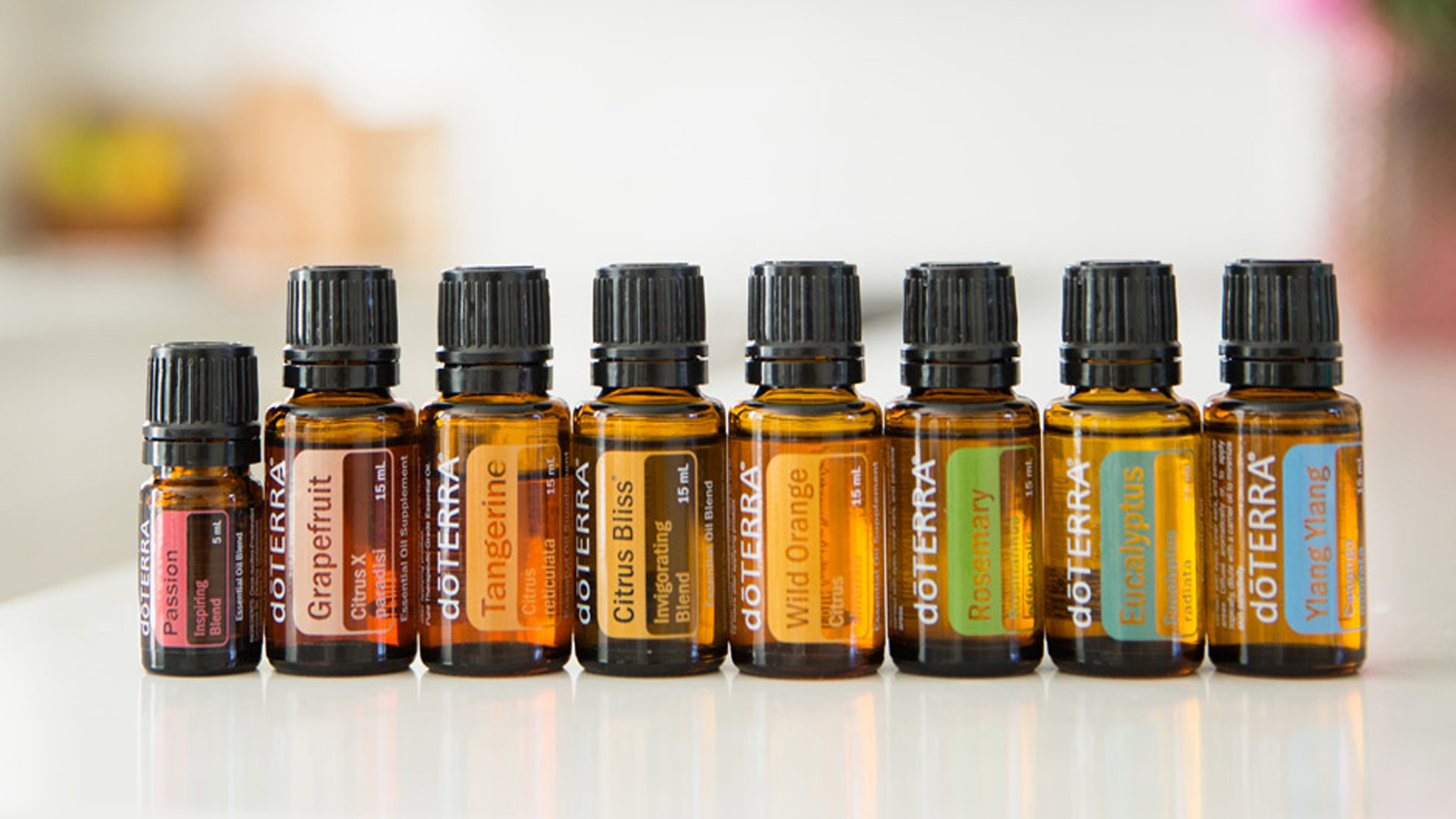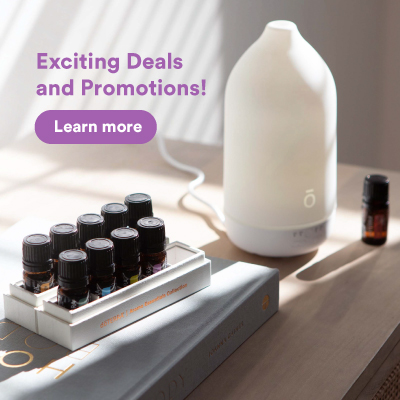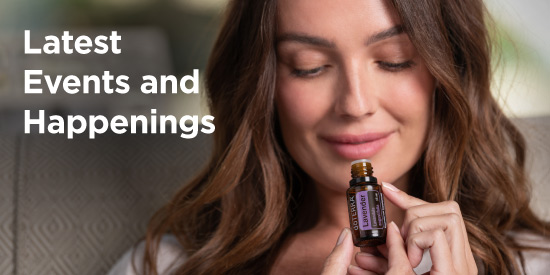Origin: a Latin derivative
meaning "Gift of the Earth."
How to Choose Pure Essential Oils

When it comes to buying essential oils, there is a lot to consider—price, ease of use, your personal preferences and needs, etc. However, when it comes to deciding what type of essential oils to buy, one of the most important things to consider is purity. Pure essential oils will generally be safer and more effective, which means that your money will be well spent.
Take a look at some common questions about essential oil purity, and learn how to ensure that you are using pure essential oils at home with your family.
Aren’t all essential oils the same?
If you’ve never used essential oils, you might be wondering, “Aren’t all essential oils created equal if they're from the same plants?” The honest answer, unfortunately, is no. The quality and efficacy of an essential oil will depend heavily on the production process and dozens of little details throughout an oil’s delicate journey from plant to bottle. Even seemingly tiny factors (like the type of soil used to grow the plants or the time of day that the plants are harvested) can drastically impact the quality of an essential oil because all of these elements impact the oil’s chemistry.
Most essential oil producers will have their own methods and processes for producing essential oils, but the important thing to remember is that cutting corners during any phase of the oil production will always result in a lower quality oil. Not all essential oil producers take the same time and care necessary to produce high-quality essential oils, but the difference is clear from both the resulting aroma and the efficacy of the oil when you use it.
Why is it important to use pure essential oils?
Some might wonder, “Does it really matter if I use pure essential oils or not?” It turns out, when it comes to using essential oils, purity is possibly the most important attribute. When an essential oil isn’t pure, it has the potential to expose the body to germs, adulterants, or other undesirable things like heavy metals. If an essential oil contains contaminants, it can lead to unwanted effects like irritation and even sickness.
Along with shielding the body from adverse effects, using pure essential oils also allows you to yield the maximum benefit that the oil has to offer. If an essential oil is pure and free from contaminants, it will be safe to use (when the appropriate application methods are observed), and will provide the user with the desired benefits. Not only do pure essential oils give you peace of mind that your body will be protected from unwanted additives, but you will also find the oils to be more effective and useful.
How do I know if an essential oil is pure?
Once you’ve decided that you only want to use pure essential oils, how do you know if the oils you intend to use are in fact pure? Unfortunately, there is not an accepted standard or regulatory body that ensures essential oil quality, so essential oil companies must regulate themselves when it comes to producing pure, safe oils. As mentioned, each essential oil company will have their own processes for producing essential oils and ensuring safety, so it is up to the company to make sure that the proper measures are taken to create pure essential oils. While skipping important quality control steps during the production process might save money or time, it will result in impure and lower quality oils in the end.
In order to decide whether or not the essential oils you are using are pure, you will need to do a little research about the essential oil company you are buying from. Responsible essential oil companies will provide information about their testing measures and any processes that they use to protect the potency and purity of an essential oil before it is approved for final consumer use.
For example, doTERRA uses something called the CPTG testing process to ensure that each doTERRA essential oil is free from contaminants and safe for use. The CPTG® testing process includes several rounds of testing to make sure that no undesirable elements can be found in the essential oils, and that they are safe to be packaged and sold for customer use. The main goal of the CPTG testing process is to verify the potency and ensure the purity of each essential oil that doTERRA produces.
We also know that transparency is important, especially when it comes to testing for purity. To see the specific GC/MS test results of any doTERRA single oil bottled after 2016, please visit our Source to You website. There you will be able to input your Quality ID found on the bottom of the bottle to get a PDF of the test results.
Before you purchase and use essential oil, do some of your own research to see what kind of testing methods the company uses to ensure purity. By educating yourself, you’ll be able to protect your family by only using potent, effective, and pure essential oils.





